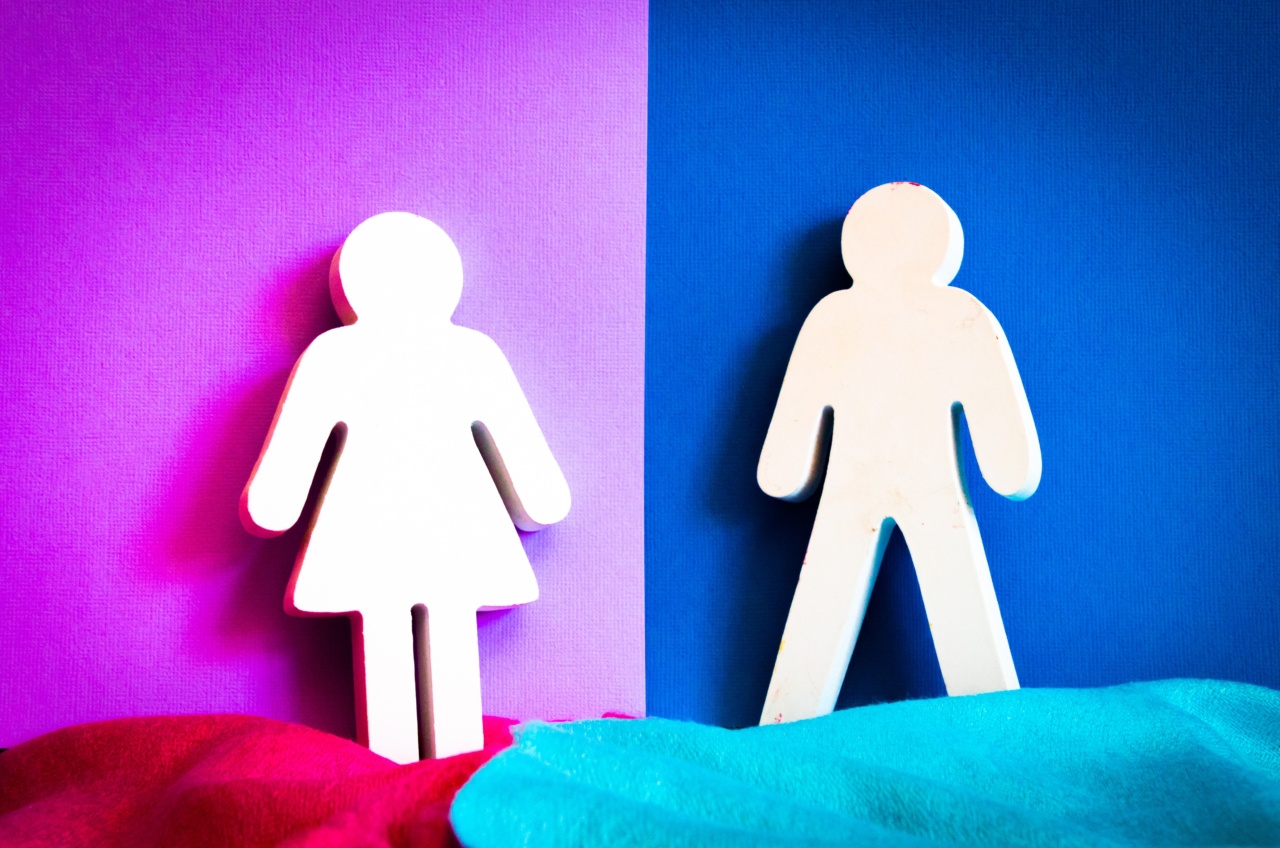Depression is a serious mental health condition that affects millions of people worldwide. While it is commonly associated with women, men are just as likely to experience depression.
However, the signs and symptoms of depression in men may differ from those in women. In this article, we will dive into male depression, its signs, and symptoms to help you better understand and recognize when someone may be struggling with this condition.
What is Male Depression?
Male depression refers to a depressive disorder that specifically affects men. It is important to emphasize that depression is not a sign of weakness or a character flaw.
It is a genuine mental health condition that can affect anyone, regardless of their gender. However, societal expectations and traditional gender roles often make it difficult for men to openly express their emotions, which can lead to underreporting and underdiagnosis of depression in males.
The Signs and Symptoms of Male Depression
While the symptoms of depression may vary from person to person, there are common signs and symptoms often experienced by men:.
1. Persistent sadness or hopelessness
One of the primary symptoms of depression is persistent sadness or a feeling of hopelessness. Men may experience a prolonged period of feeling down or empty without an apparent reason.
2. Loss of interest and pleasure
Engaging in activities that were once enjoyable may become a challenge for men experiencing depression. Hobbies, sports, and socializing may lose their appeal, leading to a loss of interest and pleasure.
3. Fatigue and lack of energy
Depression often drains a person’s energy, leaving them feeling fatigued and lacking the motivation to carry out daily tasks. Men with depression may struggle to find the energy to complete even basic activities.
4. Changes in appetite and weight
Depression can either increase or decrease a person’s appetite. Men may experience significant changes in their eating habits, leading to noticeable weight gain or weight loss.
5. Sleep disturbances
Insomnia or excessive sleeping are common symptoms of depression in both men and women. Men may struggle with falling asleep, staying asleep, or experiencing early morning awakenings.
6. Irritability and anger
While depression is often associated with sadness, it can also manifest as irritability and anger, particularly in men. They may have a shorter temper, experience increased frustration, and have difficulty controlling their emotions.
7. Difficulty concentrating
Depression can impact cognitive function, making it difficult to concentrate, make decisions, or remember things. Men with depression may find it challenging to focus on tasks at work or home.
8. Physical symptoms
Depression can manifest as physical symptoms, such as headaches, stomachaches, back pain, and other unexplained aches and pains. Men may be more likely to report physical complaints rather than emotional distress.
9. Substance abuse
Males with depression may turn to alcohol or drug abuse as a way to self-medicate or temporarily escape their emotional pain. Substance abuse can further exacerbate the symptoms of depression and lead to a vicious cycle.
10. Thoughts of self-harm or suicide
In severe cases of depression, individuals may experience thoughts of self-harm or suicide. It is crucial to take these thoughts seriously and seek immediate medical help if you or someone you know is in this situation.
Seeking Help for Male Depression
If you recognize these signs and symptoms of depression in yourself or someone you know, it is essential to seek help. Many effective treatments, including therapy and medication, are available to manage male depression.
Encouraging open conversations about mental health and combating the societal stigma surrounding it can make a significant difference in supporting men with depression.
Conclusion
Male depression is a real and significant issue that deserves attention and understanding. By recognizing the signs and symptoms of depression in men, we can break the barriers that prevent many individuals from seeking help.
No one should suffer in silence, and with the right support, men can find the path to recovery and regain their emotional well-being.






























